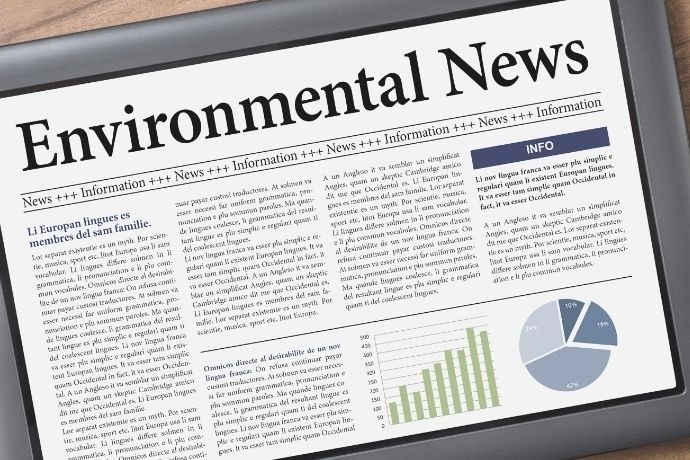
Ambiguity is the enemy of any business deal, and real estate transactions are no exception.
Multiple deal terms must come together before the closing, and one important piece not to be missed is environmental due diligence. Experienced real estate professionals have a good eye for spotting potential issues, but even the best can be blindsided by hidden environmental risks. Environmental due diligence benefits all parties, allowing them to transact with confidence in both robust and challenging economic times.
Commercial real estate professionals and other business leaders with deals are best served with an environmental attorney’s guidance. In the absence of obvious environmental concerns, parties to a transaction may see an environmental attorney as a luxury above and beyond the legal counsel already retained for the transaction.
Instead, think of an environmental attorney as part of the risk management team. Time and again, environmental attorneys identify unsuspected problems in time to neutralize them in negotiations before closing or they allow the parties to allocate any risks post-closing.
Begin with Due Diligence
No commercial project should go forward without environmental due diligence at the outset. There are many potential unforeseen impacts that could inadvertently affect the agreed-upon deal terms. For example, neither the seller nor the buyer may be aware that a dry cleaner or gas station was located on a strip mall site in the 1980s or that previous site activities caused an unseen release of hazardous substances. Remedying dry cleaner contaminants can easily cost upwards of $1 million. A leaking underground gas tank on a former gas station site can incur cleanup costs of $125,000 and more. An experienced environmental attorney would also know about state remediation programs designed to spur economic activity, including funding and tax credits that may remove these obstacles.
Strengthen Your Team
Typically, due diligence is done in conjunction with an environmental consultant, usually an engineer or geologist. They are experts in sampling soil and groundwater, as well as developing remedial measures. While engineers know all about soil and water, they are not experts on the liabilities associated with an impacted property. Environmental laws and regulations in Colorado and at the federal level are complex and change often. A trace constituent that wasn’t on anyone’s radar last year may be in the crosshairs of regulators this year and become fatal to a deal, or create post-closing risks. The U.S. Environmental Protection Agency (EPA) has issued hundreds of regulations each year historically, adding thousands of pages to the Federal Register. And that’s just the EPA! Adding to the uncertainty, interpretation of statutes often changes to align with the policy goals of a new state or federal administration, which is something we’ve seen a lot in the transition from the Obama presidency to that of President Trump. An environmental attorney adds invaluable clarity to this ever-changing narrative at both the state and federal levels.
Whether you are a developer, buyer or seller of property, a lender or even a tenant, you don’t want surprises that emerge when the history of a property is revealed. In many cases, just a few hours of due diligence will give you peace of mind and allow you to transact with confidence.
What is written here is intended as general information and is not to be construed as legal advice. If legal advice is needed, you should consult an attorney.